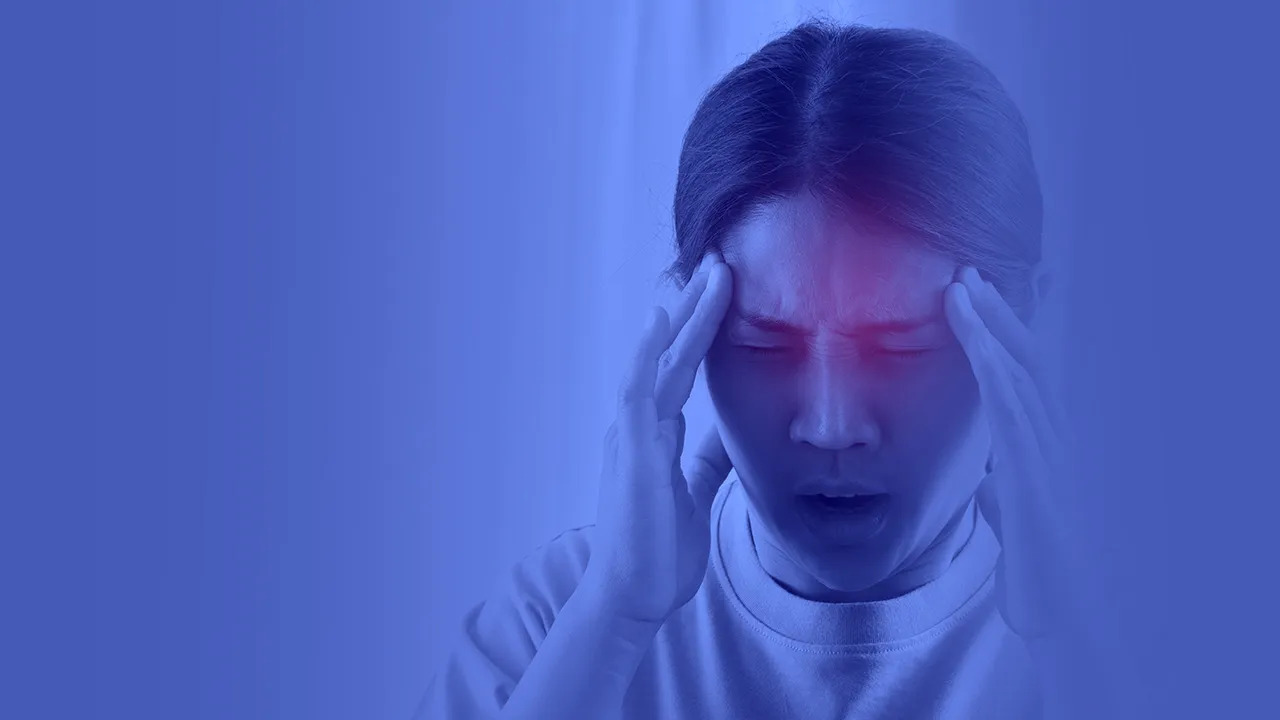Tension-type headache (TTH) is the most common type of headache experienced by people worldwide. It is estimated that up to 80% of adults have experienced TTH at some point. TTH is characterized by a dull, aching pain usually felt on both sides of the head. The pain is often described as a tight band or pressure around the head. TTH can be episodic or chronic, with chronic TTH lasting for more than 15 days per month for at least three months.
The exact cause of TTH is not fully understood, but it is believed to be related to muscle tension in the head and neck. Stress, anxiety, and depression are common triggers for TTH. Other triggers include poor posture, lack of sleep, dehydration, and eye strain. TTH can also be caused by medication overuse, particularly over-the-counter pain relievers such as aspirin, ibuprofen, and acetaminophen.
The symptoms of TTH can vary from person to person, but the most common symptoms include:
• Dull, aching pain on both sides of the head.
• A feeling of pressure or tightness around the head.
• Pain that is mild to moderate in intensity.
• Pain that is not worsened by physical activity.
• No nausea or vomiting.
• No sensitivity to light or sound.
TTH is diagnosed based on the patient’s symptoms and medical history. A physical exam will rule out other causes of headaches, such as migraines or sinus infections. Imaging tests, such as CT scans or MRIs, are not usually necessary to diagnose TTH.
The treatment of TTH depends on the frequency and severity of the headaches. For occasional TTH, over-the-counter pain relievers such as aspirin, ibuprofen, or acetaminophen may be effective. However, these medications should not be used more than twice weekly to avoid medication overuse headaches.
For chronic TTH, preventive medications may be prescribed. These medications include tricyclic antidepressants, such as amitriptyline, and selective serotonin reuptake inhibitors (SSRIs), such as fluoxetine. These medications are not only effective in treating depression and anxiety but also in reducing the frequency and severity of TTH.
Non-pharmacological treatments for TTH include stress management techniques, such as relaxation exercises, biofeedback, and cognitive-behavioral therapy. Physical therapy may also help reduce muscle tension in the head and neck.
Preventing TTH involves identifying and avoiding triggers. For example, stress management techniques, such as relaxation exercises and meditation, can help reduce stress and anxiety, common triggers for TTH. Maintaining good posture, getting enough sleep, and staying hydrated can also help prevent TTH.
Tension-type headache is a common headache characterized by a dull, aching pain on both sides of the head. It is usually caused by muscle tension in the head and neck and is often triggered by stress, anxiety, and depression. Treatment for TTH includes over-the-counter pain relievers for occasional headaches and preventive medications for chronic TTH. Non-pharmacological treatments, such as stress management techniques and physical therapy, can also effectively reduce the frequency and severity of TTH. Preventing TTH involves identifying and avoiding triggers, such as stress, poor posture, and dehydration.

Comments are closed.